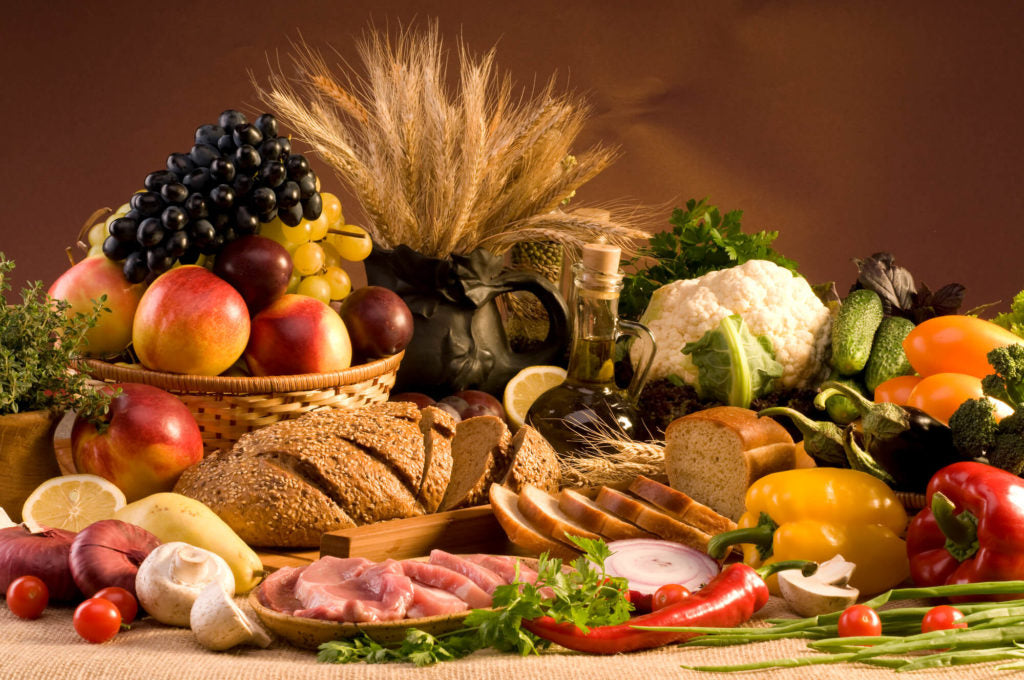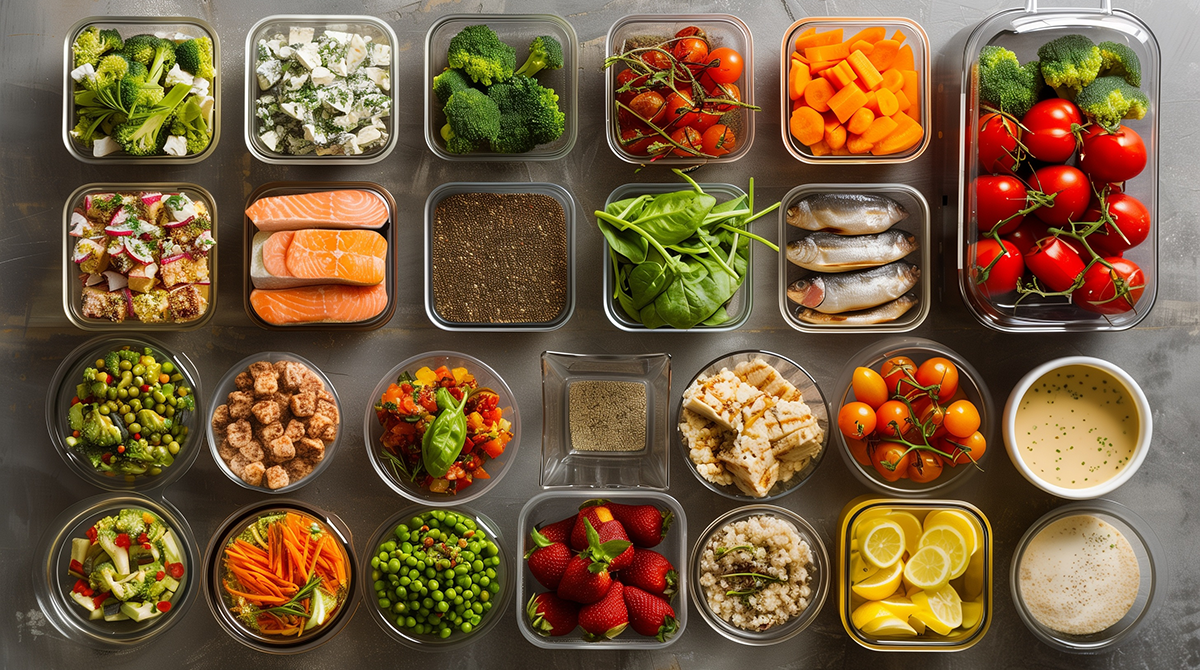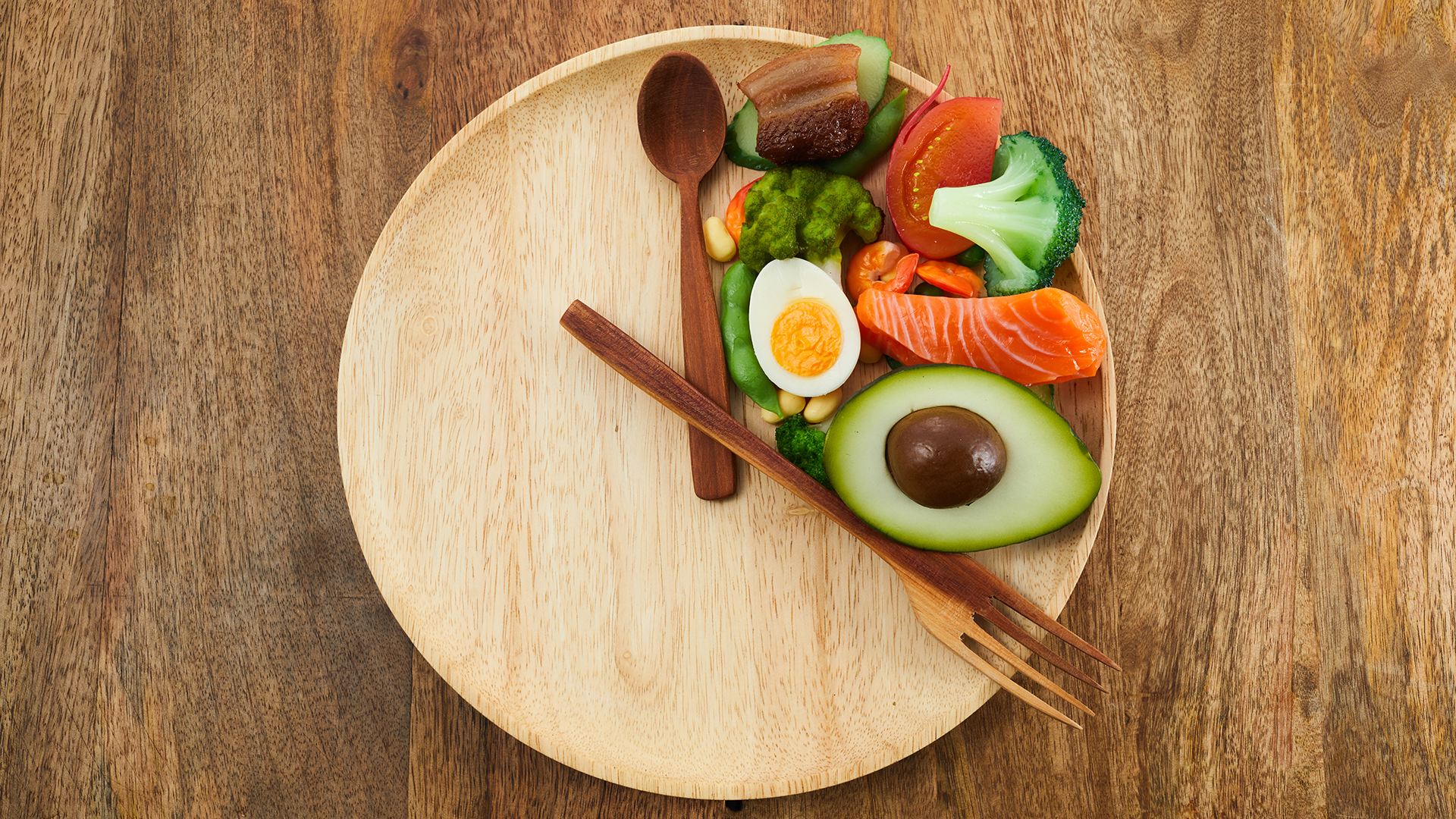Millions of people around the world suffer from nutritional deficiencies, obesity, Type 2 diabetes, heart disease, and other serious health conditions alike for the same reason: an unhealthy diet. Poor nutrition impairs your well-being while reducing your ability to enjoy a healthy, active life. Moreover, it can causes stress, fatigue, and diminished work capacity, leaveing many unable to perform routine tasks during the day.
While many point to fast food or junk food as the problem (which it is), there’s another big issue at play: unhealthy foods being marketed and accepted as healthy. In fact, as most of us are becoming more health conscious, this problem continues to grow.
Likewise, the latest health crazes often leaves many confused as to what is healthy and what isn’t. And with these changes coming and going almost as often as the seasons, the majority of those who want to change their diets for the better aren’t quite sure how to do so successfully.
Below, we’re discussing 8 unhealthy foods that are commonly presented as healthy choices. Have you fallen victim to believing any of the following are healthy for you?
1. Frozen Diet Meals
If you’ve visited the frozen section of any grocery store, you already know that there is an endless array of frozen diet meals to choose from. Considering that most are convenient, affordable, and seemingly healthy, many purchase these to consume regularly as part of their healthy lifestyle change.
However, like most great things, these meals are too good to be true. In fact, while many are touted for their low fat, low calorie, and high fibre nutritional qualities, many are packed with dangerously high levels of sodium. Although sodium isn’t problematic for all, it can be detrimental to your cholesterol levels. Not to mention many portion sizes are extremely small, leaving you hungry just hours later.
When you want to lose weight and keep it off, bypass the frozen diet meals altogether.
2. Low Fat Snacks
When you’re trying to lose fat, you want to eat low fat foods, right? Not entirely.
In fact, many high fat foods can actually help you lose weight. These include foods like salmon, grass-fed meat, avocado, and olive oil, amongst others. So, what about the low fat versions of your favourite snacks that you find at the grocery?
Truth be told, those aren’t healthy for you either. In fact, low fat versions of other foods typically mean that all nutrients have been removed in favour of empty calories and additives.
Moreover, many justify eating more of their choice low fat snacks because they aren’t “unhealthy.” But as you can see, this just isn’t the case.
3. Granola
There are worse choices for you than granola. But if you’re looking to maintain a low fat diet the healthy way, granola shouldn’t be the first snack you reach for.
Most granola and granola bars are packed with sugar and corn syrup, making them comparable to most leading candy bars. As such, both parents who offer their kids granola bars as a healthy choice and adults who reach for granola bars as a “healthy” snack should take caution as to which granola bars they’re purchasing.
If you enjoy granola bars, you may want to try making your own from scratch. Doing so offers a simpler way to create a truthfully healthy version of the snack you love.
4. Yogurt
Yogurt isn’t always an unhealthy option. However, most leading yogurt brands aren’t healthy at all. In fact, most “light” versions of yogurt are packed with unnecessary sugar. Too much sugar consumed over a period of time will damage your liver, trick your body into gaining weight, cause metabolic dysfunction, and increases uric acid levels. Yogurt with fruit on the bottom is even worse for you.
Some people opt to make their own yogurt to ensure it is healthy while providing healthy probiotics to their diets.
5. Fruit Juice

If fruit juice is created just from fresh fruit, it can be healthy. But most fruit juices at the store are packed with added sugar and other additives that compromise any healthy benefits they may have potentially held.
Even 100% fruit juice has more sugar than medically recommended amounts. As such, consuming fruit juice introduces unnecessary calories to the body. If you want to incorporate more fruit in your diet, eat it instead. The fibre is beneficial for your diet and you won’t be consuming as much sugar.
6. “Whole Wheat” Bread
“Whole wheat” is like the phrase “low fat”: It’s used to convince consumers that a product is superior to another. As such, anything with a tint of brown is given the label “whole wheat”, but you can’t believe everything you hear.
If you cannot see or feel the grains and texture of the grains in your bread, it is not whole wheat. When you do find whole wheat bread, ensure it is organic wheat for the greatest health benefits.
7. Margarine
Margarine has long been considered the superior, healthier alternative to butter. After all, it’s lower in fat and as such, was the dieter’s choice for several decades.
Since then, research has revealed that those who switch from butter to margarine have a greater chance of dying from heart disease. Additionally, margarine contains trans fat, which lowers high-density lipoprotein (i.e. “good”) cholesterol levels.
While butter is higher in saturated fats, these fats aren’t as detrimental to health as trans fats. As such, you should continue to use butter over margarine if you wish to incorporate healthy foods into your diet.
8. Agave Nectar
Sugar has a bad reputation nowadays. Part of this trend has sent many purchasing agave nectar over sugar or other sweeteners in the hopes of reducing unhealthy sugar levels.
However, agave nectar actually contains more fructose than sugar. As such, you should aim to reduce sugar consumption and avoid alternatives, like agave nectar, to ensure your diet stays on track.
Read: 5 Foods to Avoid at Night
Even With Your Diet on Track, You May Need Additional Support for Your Weight Loss Goals
Even if you’re eating all the right foods, working out regularly, and pursuing other habits that support your healthy lifestyle and weight loss, you can always use additional support. And for many, this comes in the form of an appetite suppressant, fat burner, energy booster, or other supplement.
The most successful individuals are those that consume a healthy diet, exercise regularly, and use premium quality supplements to support their commitment. For example, PhenQ stops fat growth, maximises fat burning, suppresses appetite, boosts energy, and improves mood. This gives you the additional support you need to succeed in losing weight and keeping it off.
Read: How to Guarantee the Success of Your Diet Plan
You Can Make These “Unhealthy” Health Foods Healthy Once Again
Most of the foods on the list above can be made into healthy recipes, especially if you’re willing to make many from scratch on your own. However, it’s important to understand when you need to stop using products altogether like agave nectar, margarine, or low fat foods.
A healthy diet is key to a healthy lifestyle. Clean up your diet and remove these “healthy” foods to ensure you’re doing everything possible for your weight loss!




